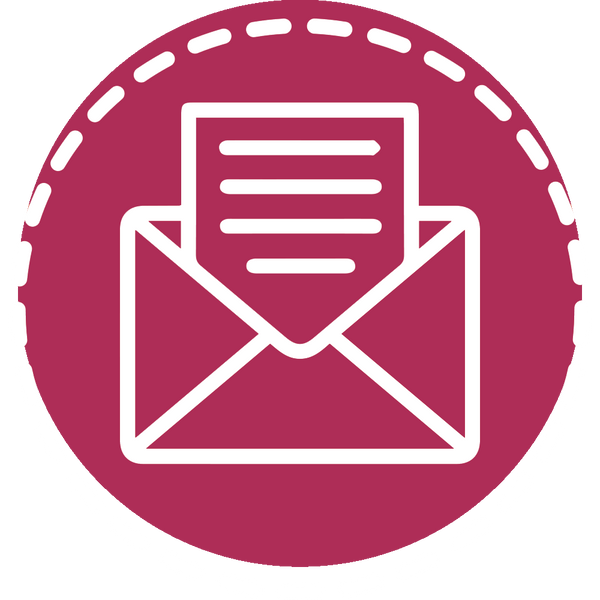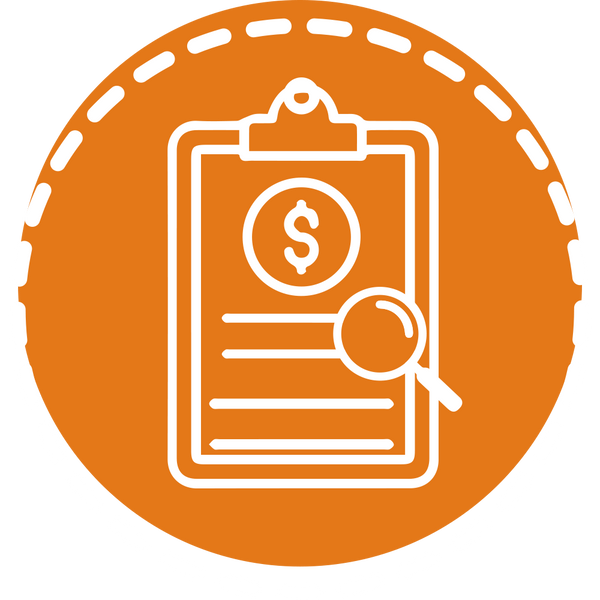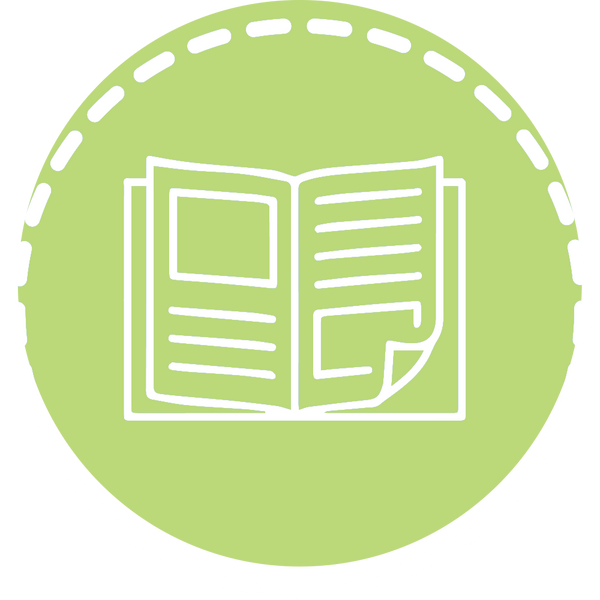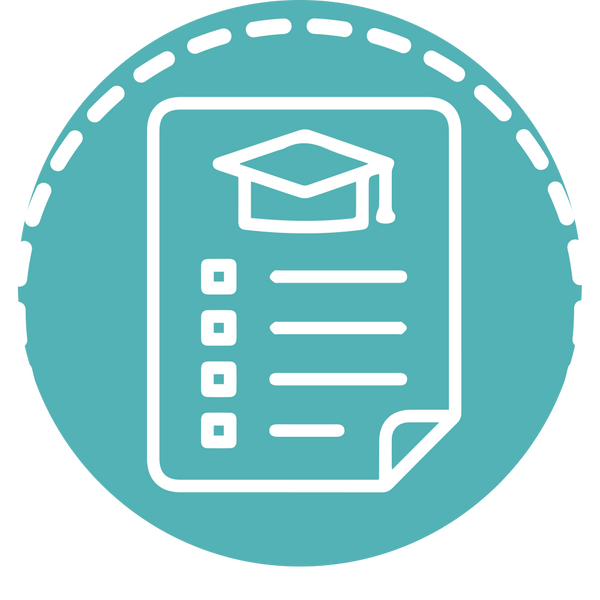
Hacking for Change
What comes to mind when you hear the word “hacking”? Most of our public conversation about hackers surrounds incidents of technological takeover. We see hacked elections, cell phones or social media accounts. But hacking doesn’t have to be malicious or illegal. In fact, there are fleets of hackers helping solve problems in our governments and communities; these keyboard wizards are known as civic hackers.
In the traditional sense, hacking is “cutting or chopping over and over again.” When applied to technology, it means taking different approaches until you find one that works. Civic hackers partner with lawmakers to bring new approaches to government-published data and create effective solutions to community problems. When they do build a solution, they share what worked so that others can implement their solution.
Civic hacking has gained momentum over the last few years with the rise of Code for America, a non-profit, non-partisan organization that integrates technology and government to solve societal problems and improve the way that people interact with the government. Since 2011, they have sponsored projects across America to help city officials and programmers collaborate on solutions.
Everything they create is open-source, meaning that other communities can implement it and suggest improvements. In the past, they have coded a bunch of programs and platforms that are currently in use. One popular program is “Adopt a Hydrant” in which individuals volunteer through an online platform to shovel snow-covered fire hydrants after storms. This began in Boston, but has since spread to Providence, Anchorage and Chicago due to its roaring success. It was also modified in Honolulu, Hawaii to “Adopt a Siren” in which individuals listen for and monitor tsunami sirens, using Code for America’s platform to sign up and to report any issues that may reduce the effectiveness of this infrastructure.
More recently, Code for America fellows designed the website for California’s Supplemental Nutrition Assistance Program (SNAP), making it easier for individuals who qualify for food stamps and other assistance to use it. Other projects address the court system, small business development, police force accountability, public schooling, public art installations, school bus tracking and even waiting on hold on the phone. (To see more projects, check out Code for America's Past Projects.)

After all of this talk about the positive changes created by civic hacking, you may be asking, “How can I get involved?” As stated by Joshua Tauberer, author of Open Government Data, “Civic hackers can be programmers, designers, data scientists, good communicators, civic organizers, entrepreneurs, government employees and anyone willing to get his or her hands dirty solving problems.” There are many ways you can be a part of the civic hacking movement and help create this social and technological change.
Code for America sponsors Civic Hacking Days during which cities and interest groups put on coding events. If you want to find an event in your area, check out the full event list. On National Civic Hacking Day, volunteers with coding experience, creative ideas and an interest in public policy come together to analyze data provided by local, state or national governments and brainstorm solutions for presented problems. Throughout the year, there are also summits, conferences and meetups surrounding the idea of civic technology.
So many of these problems are still waiting to be solved. Most of the coders who will tackle these issues aren’t professionals yet. They are students with an interest in tech who care about their country and their community. For 30 years, PCS Edventures has been helping develop these young geniuses by creating hands-on STEM tools that provide real-world experience with coding. Drone Designers accomplishes this through a artistic, musical performance that helps make coding more creative and less intimidating.
This program allows students to learn basic programming logic, and challenges them to use creative problem-solving and critical-thinking. Coding is a valuable skill that prepares students for upcoming careers spanning public education, the court system, civil engineering and so much more. By studying programming at a young age, learners are prepared for the technology-driven future.









